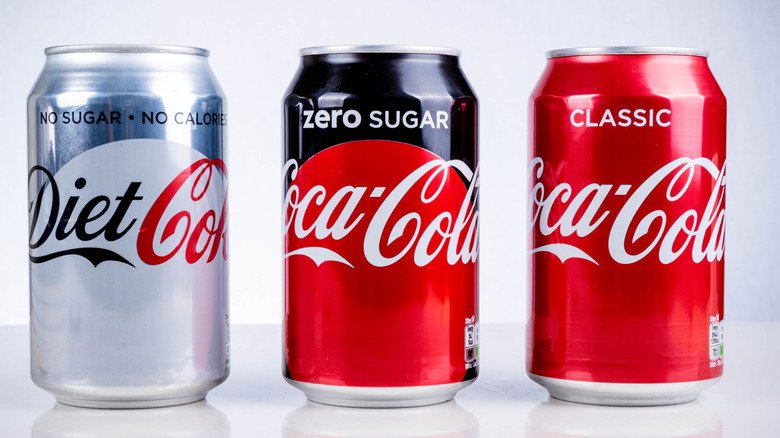Difference Between Diet Coke and Coke Zero
Introduction
In a world where health-conscious choices are on the rise, low-calorie sodas have become a staple for many. Among the plethora of options, Diet Coke and Coke Zero stand out. Let’s delve into the nuances that differentiate these two popular beverages and explore the factors influencing consumer preferences.
Ingredients Comparison
Breakdown of Diet Coke Ingredients
Diet Coke boasts a distinctive combination of carbonated water, caramel color, phosphoric acid, natural flavors, citric acid, caffeine, and, most notably, aspartame.
Breakdown of Coke Zero Ingredients
Coke Zero, on the other hand, contains carbonated water, caramel color, phosphoric acid, natural flavors, aspartame, acesulfame potassium, and caffeine. The inclusion of two artificial sweeteners sets it apart from Diet Coke.
Sweeteners Used
Aspartame in Diet Coke
Diet Coke relies solely on aspartame, an artificial sweetener that provides sweetness without the calories found in sugar. Aspartame has been a subject of debate, but its approval by health organizations supports its safety.
Aspartame and Acesulfame Potassium in Coke Zero
Coke Zero combines the sweetness of aspartame and acesulfame potassium, offering a different flavor profile. The use of two sweeteners aims to enhance the taste while maintaining a low-calorie count.
Nutritional Content
Caloric Content in Diet Coke
Diet Coke is virtually calorie-free, making it a go-to option for those watching their calorie intake. Its appeal lies in providing a familiar cola taste without the guilt.
Caloric Content in Coke Zero
Similarly, Coke Zero boasts minimal calories due to the use of artificial sweeteners. It caters to individuals seeking a low-calorie alternative without compromising on taste.
Taste Testimonials
Consumer preferences play a significant role in the ongoing debate between Diet Coke and Coke Zero. Some swear by the classic taste of Diet Coke, appreciating its unchanged formula, while others lean towards Coke Zero, praising its blend of sweetness.
Conclusion
In the dynamic world of low-calorie sodas, the difference between Diet Coke and Coke Zero goes beyond taste preferences. Understanding the ingredients, health implications, and cultural influences can empower consumers to make informed choices that align with their values and tastes.

